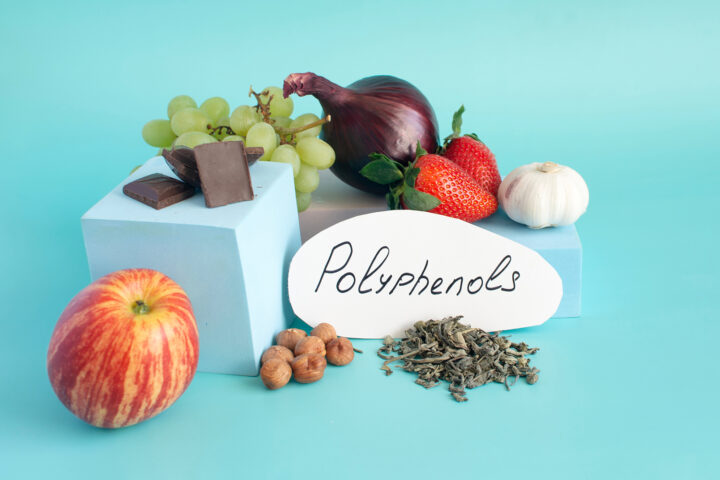In a world where pets are often considered part of the family, the desire to extend their lives and improve their quality of living is a priority for many pet owners. This is where Loyal, a pioneering company in the field of veterinary pharmaceuticals, steps in with its innovative approach to canine longevity. Loyal focuses on developing drugs aimed at extending the lives of dogs, allowing pet owners to enjoy more time with their beloved companions.
The Company Behind It All
Loyal’s mission is grounded in the science of aging and longevity. The company is dedicated to creating pharmaceuticals that target the underlying processes of aging in dogs. Their product line includes drugs designed to tackle age-related decline, aiming to extend not just the lifespan but also the “healthspan” of dogs. This means that Loyal’s drugs are designed to not only help dogs live longer but to ensure that these additional years are characterized by good health and vitality.
What Does the Science Say?
The effectiveness of Loyal’s drugs is backed by rigorous research and scientific studies. These studies aim to demonstrate the potential benefits of their medications in extending the lifespan of dogs and improving their overall health. The company’s research findings suggest that their drugs could significantly impact the longevity and well-being of dogs, offering a new avenue for pet healthcare that focuses on preventive measures against aging.
Do Healthier Dogs Benefit Their Owners?
One of the most compelling aspects of Loyal’s work is the broader implications of their research. Extending the lives of our pets doesn’t just benefit them; it has significant health benefits for humans as well. Interaction with pets, especially dogs, has been shown to have numerous positive effects on human health and well-being. According to Healthline, petting a dog can be good for your brain, reducing stress levels, lowering blood pressure, and improving overall emotional health.
The Benefits of Having a Pet
The emotional and psychological benefits of pet ownership are well-documented. Dogs provide companionship, reduce feelings of loneliness, and can increase opportunities for exercise and outdoor activities. The bond between humans and their pets can also provide a sense of purpose and meaning, which is particularly beneficial for mental health. By extending the lives of dogs, Loyal’s pharmaceuticals could enhance these benefits, allowing pet owners to enjoy the positive aspects of pet ownership for a longer period.
Moreover, the presence of a healthy, active pet can encourage owners to adopt a more active lifestyle themselves. Regular walks, playtime, and other activities with a dog can contribute to a person’s physical health, including cardiovascular health and weight management. In this way, the health benefits of owning a dog are mutually reinforcing, with both the pet and the owner benefiting from an active, engaged lifestyle.
Loyal’s efforts to extend the lives of dogs through pharmaceuticals represent a significant advancement in the field of veterinary medicine and pet care. By focusing on the underlying mechanisms of aging, Loyal aims to improve the quality and length of life for dogs, providing pet owners with more years of companionship and joy. Furthermore, the positive effects of pet ownership on human health and well-being underscore the importance of Loyal’s work. As we continue to learn more about the connections between pet health and human health, the potential benefits of extending our pets’ lives become even more valuable. Loyal stands at the forefront of this exciting field, offering hope and new possibilities for pets and their human families alike.
References
- Beetz A, Uvnäs-Moberg K, Julius H, Kotrschal K. Psychosocial and psychophysiological effects of human-animal interactions: the possible role of oxytocin. Front Psychol. 2012;3:234. Published 2012 Jul 9. doi:10.3389/fpsyg.2012.00234
- Borgi M, Cirulli F. Pet Face: Mechanisms Underlying Human-Animal Relationships. Front Psychol. 2016;7:298. Published 2016 Mar 8. doi:10.3389/fpsyg.2016.00298
- Marti R, Petignat M, Marcar VL, et al. Effects of contact with a dog on prefrontal brain activity: A controlled trial. PLoS One. 2022;17(10):e0274833. Published 2022 Oct 5. doi:10.1371/journal.pone.0274833
- Rossiaky D. Why Petting a Dog is Good for Your Brain. Healthline. October 5, 2022. Accessed March 5, 2024. https://www.healthline.com/health-news/why-petting-a-dog-is-good-for-your-brain
- Waite TC, Hamilton L, O’Brien W. A meta-analysis of Animal Assisted Interventions targeting pain, anxiety and distress in medical settings. Complement Ther Clin Pract. 2018;33:49-55. doi:10.1016/j.ctcp.2018.07.006
- Loyal For Dogs. Loyal. Accessed March, 5, 2024. https://loyalfordogs.com/products












